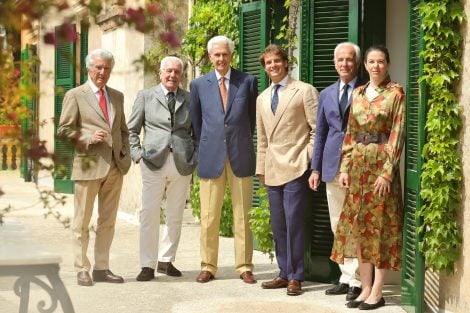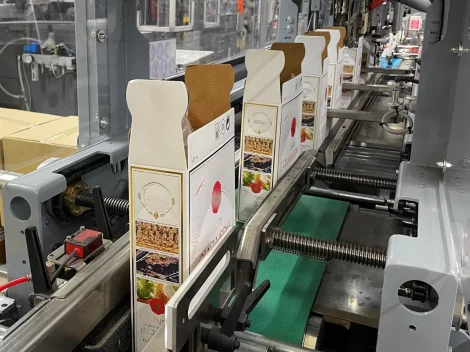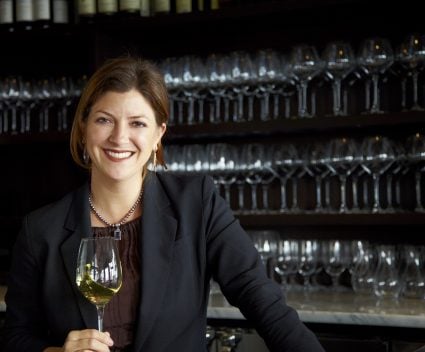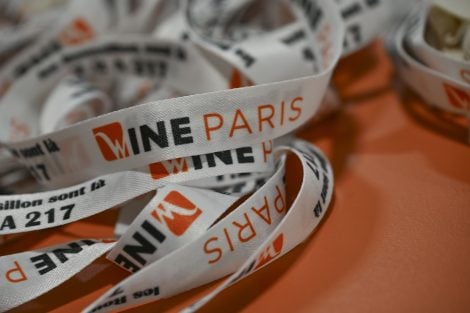A double-digit drop in demand in the United States, logistical delays, and an Easter falling later than 31 March have pushed Campari Group’s financials into negative territory. The Italian multinational closed the first quarter of 2025 with sales of €666 million, up by 0.3% overall (mainly due to the expansion of the company’s perimeter following the acquisition of the Courvoisier brand) but showing a negative organic result of -4.2%, falling short of analysts' expectations. Notably, the report approved by the Board of Directors and released on 8 May highlights contractions in gross margin (at €174 million, with an overall -4.1% and an organic -10.9%) and a -26% drop in profit before tax, which fell to €106.7 million. Not the best debut for new CEO Simon Hunt.
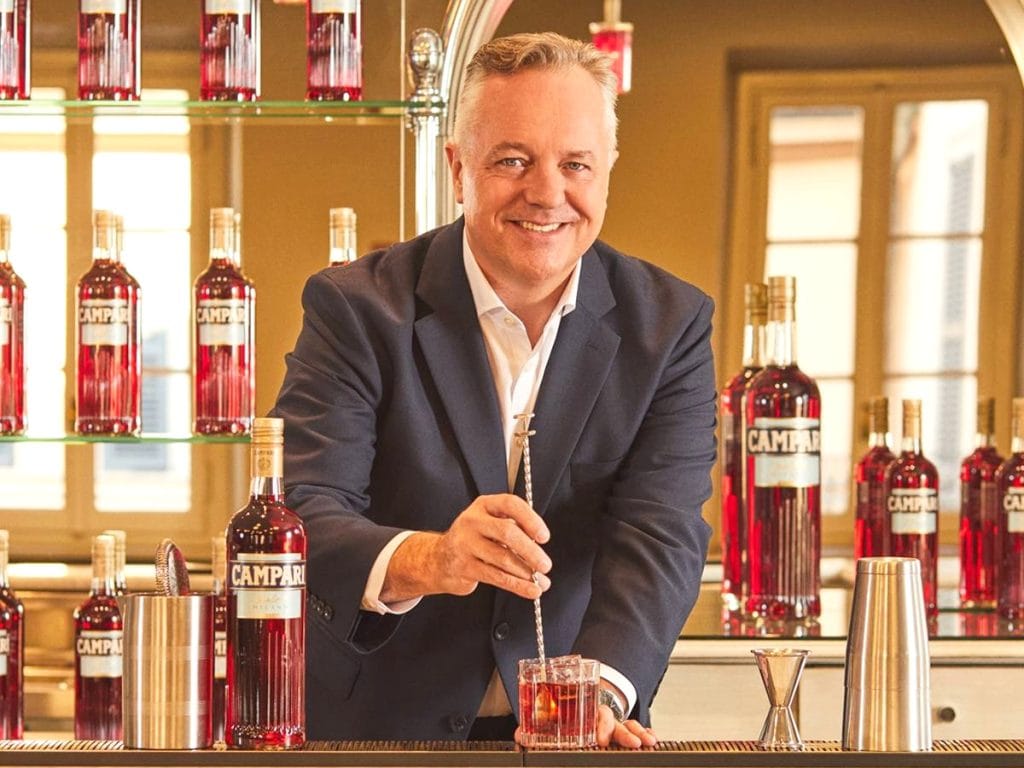
Simon Hunt – ceo Campari – photo Campari Group
Market analysis
For the Group – producer of the iconic aperitifs Campari (-5%) and Aperol (flat compared to 2024) – with a share price of over €6 as of 8 May 2025, down from nearly €10 a year ago – sales in the Americas (which account for 47% of the total) declined by 6%. The US market in particular saw an 11% drop due to “high volatility in the current operating environment and the threat of tariffs, which triggered destocking,” the company officially explained. Brands most affected were Skyy, Grand Marnier, and Wild Turkey. The market is very cautious, said CEO Hunt. The Group also cited logistical delays, which, if excluded, would have resulted in a -5% performance. In Europe, both Italy and Germany posted declines of 3% and 10% respectively, attributed to the late Easter; France recorded a -2%. In the Asia-Pacific region (which represents 7% of sales), quarterly sales rose by 11%.
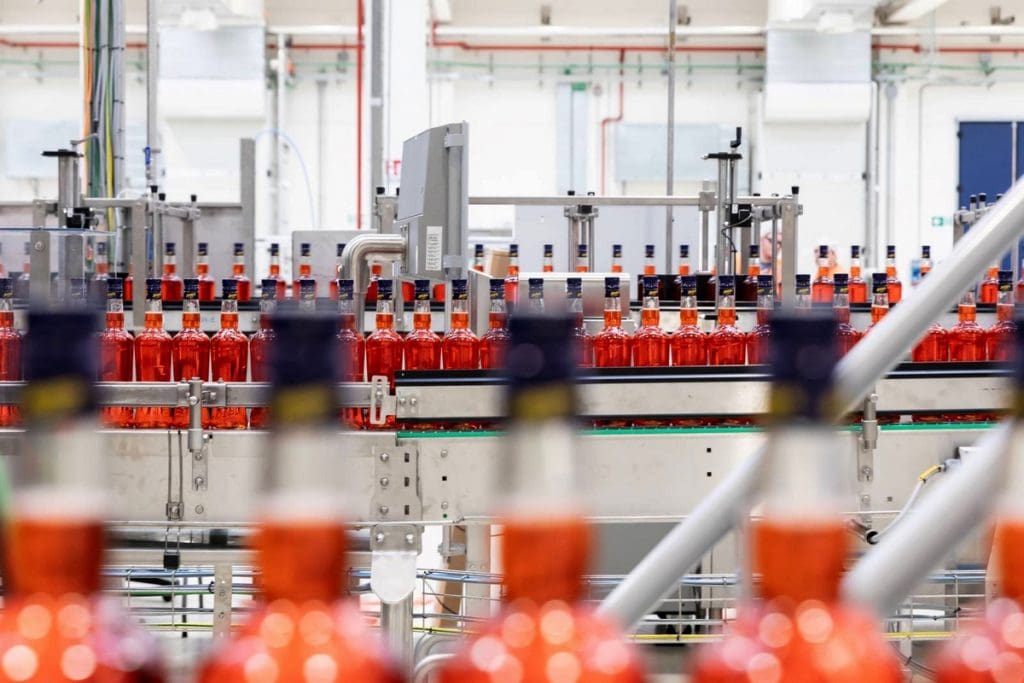
Campari Group – Aperol - photo Campari Group
Cautious outlook
Looking ahead, Campari's short-term expectations are cautious “in a context of uncertainty and impacted by the threat of tariffs,” Hunt noted. Over the medium to long term, however, the outlook is more optimistic: the company expects to outperform the broader beverage sector and increase its market share, thanks to the strength of its brands in growing categories, with a gradual return to organic sales growth (forecast between 4% and 9%), in a normalised macroeconomic environment and excluding the impact of potential tariffs. No new acquisitions are planned, Hunt emphasised, with the focus instead on streamlining the portfolio and containing costs.

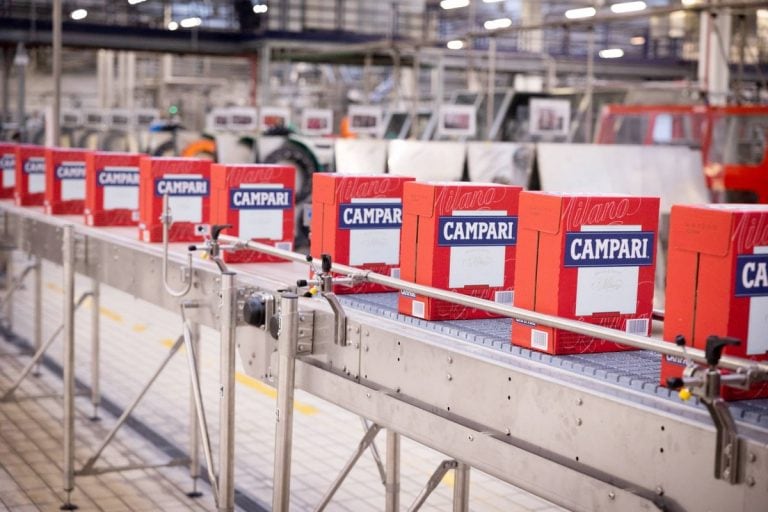
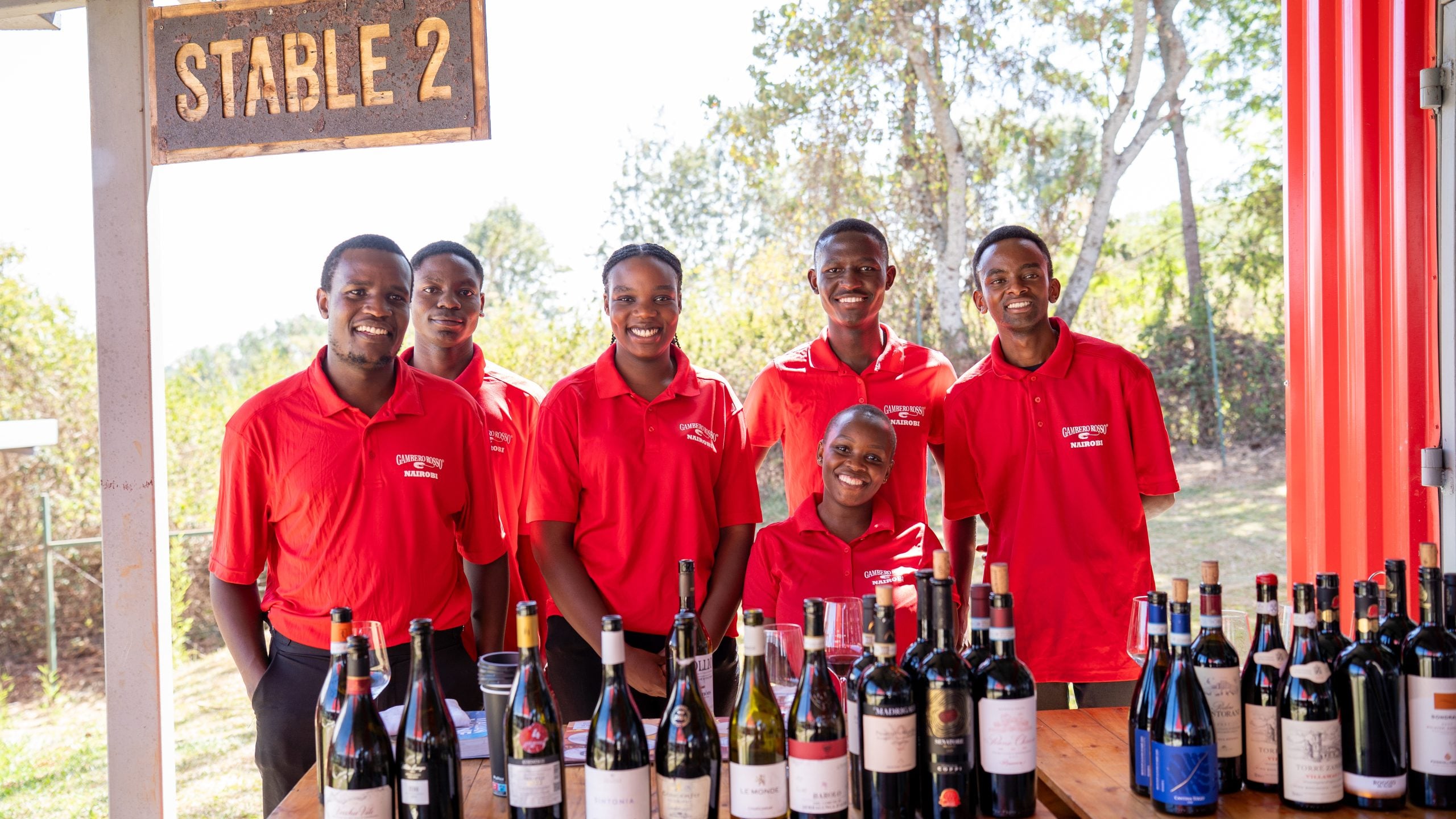 The Top Italian Wines Roadshow returns to Kenya
The Top Italian Wines Roadshow returns to Kenya Why 'restraint is a virtue' for a top Prosecco producer
Why 'restraint is a virtue' for a top Prosecco producer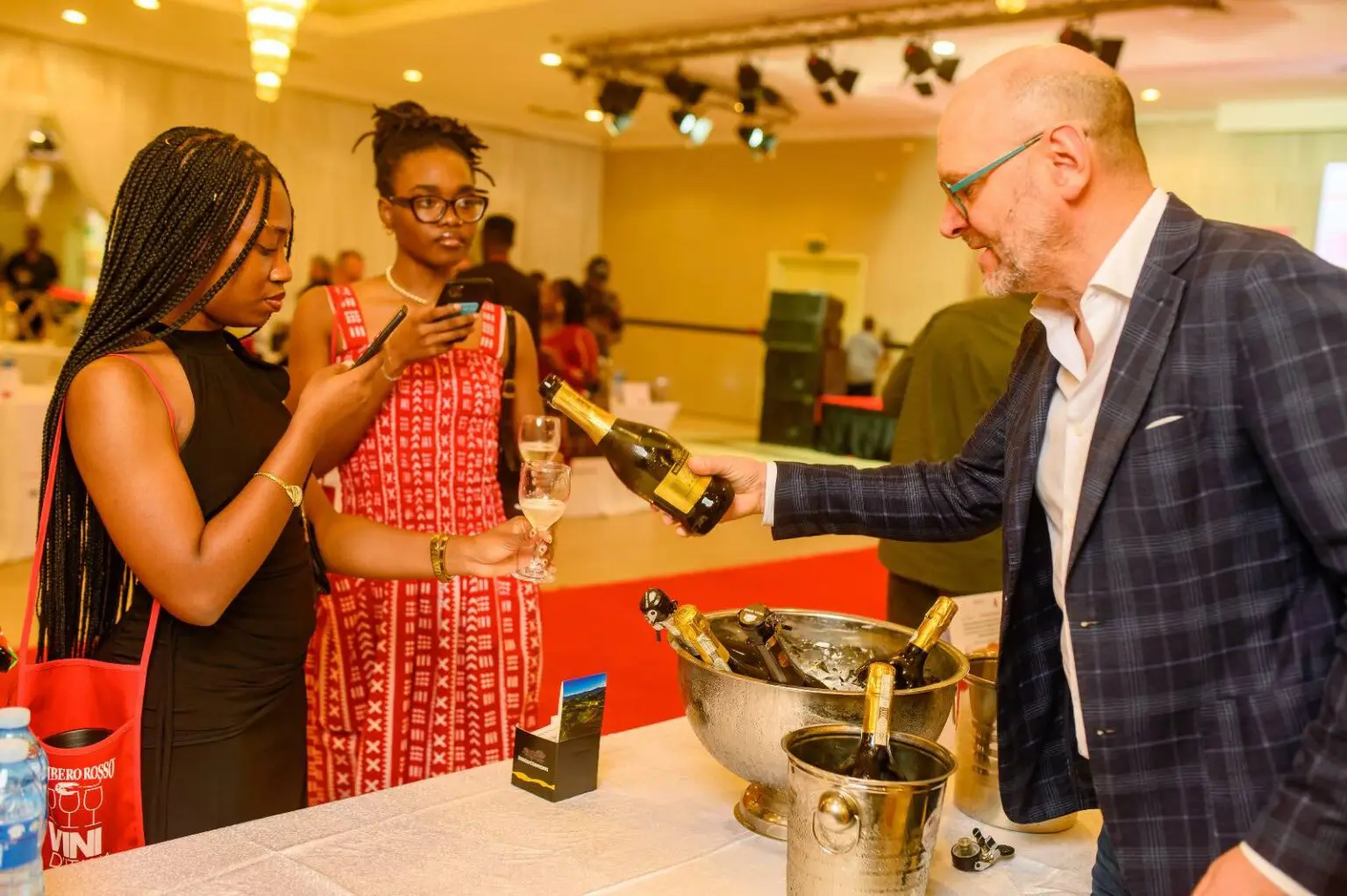 Gambero Rosso in Nigeria: a new strategic market for Italian wine
Gambero Rosso in Nigeria: a new strategic market for Italian wine Meet the Italian viticulturist who manages an English vineyard
Meet the Italian viticulturist who manages an English vineyard The Paris restaurant where a different tasting menu is served every day
The Paris restaurant where a different tasting menu is served every day